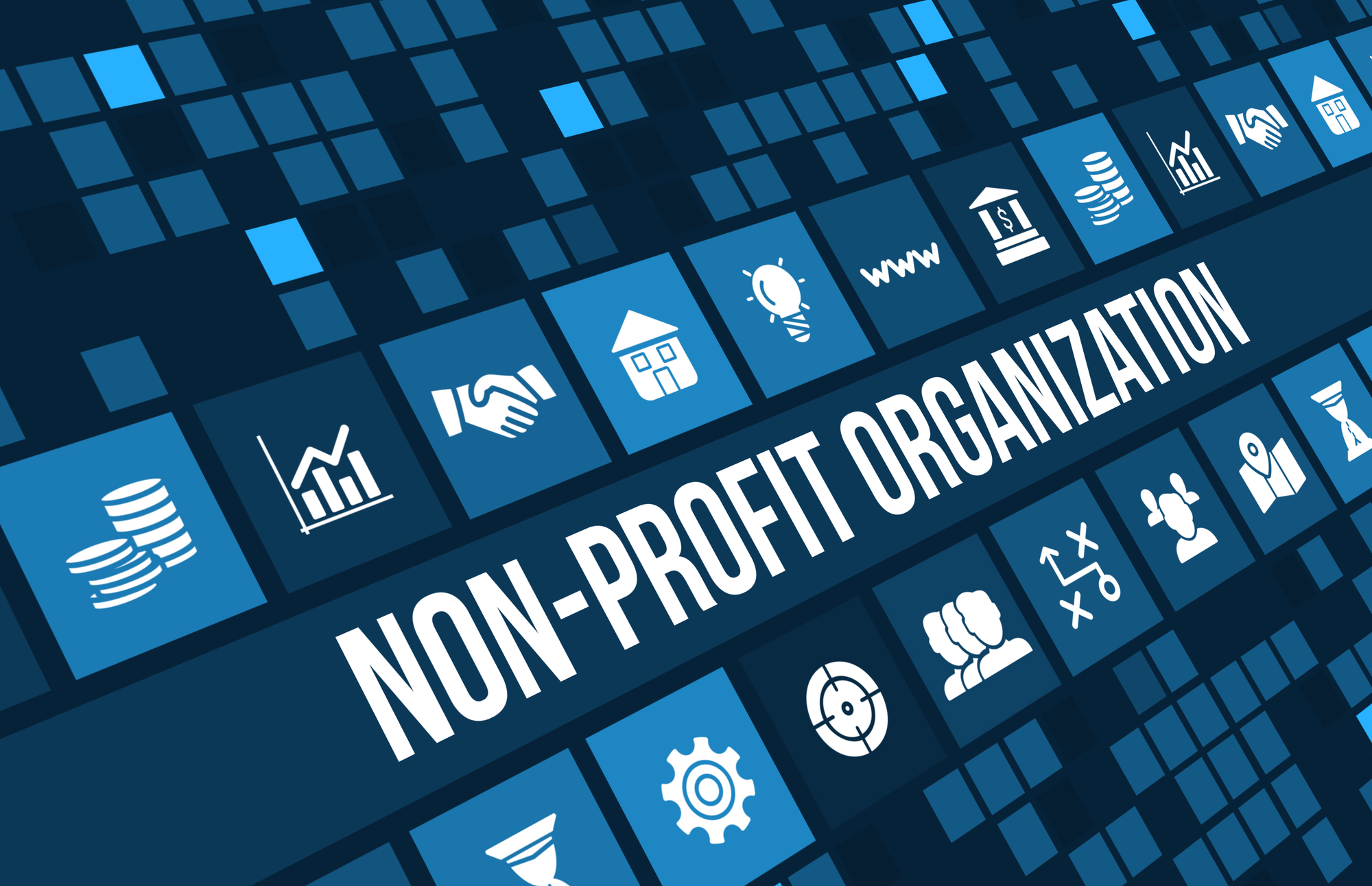Nonprofit cybersecurity for partners is essential to prevent hackers from accessing personal and financial information. As ill-intended users are aware of the technical know-how constraints these organizations face, they have developed new tactics to invade nonprofits’ networks.
To help you protect your partners, we have prepared 4 essential steps that will keep hackers at bay:
Nonprofit Cybersecurity For Partners Tip 1: KnowBe4 Training
Phishing is a type of social engineering attack used to steal login credentials and financial information. The attacker often uses a trusted identity to deceive the victim into opening an email or message. The recipient is then tricked into clicking or downloading a malicious file, which can lead to a ransomware attack or the revealing of sensitive information.
The consequences of a phishing attack can be devastating for your organization. Not only will you suffer severe financial losses but your reputation among partners and sponsors will decline too.
How to recognize phishing emails?
Phishing emails often express/contain:
– Urgency: Calls to action that require you to “act now”
– Finance: Wire transfers, invoices, or payment remittances
– Credentials: Unusual log in activity
– Delivery: Package arrival or shipping information
See this example:

Image from: Khan Academy
The cybercriminal is informing the user that their account has been blocked and has attached 2 links for the user to either “fix” the issue or confirm the account details. When clicking on either of those links, two things can happen:
– The user will install malware that will corrupt the organization’s server and devices
– The user will be redirected to a fake PayPal login portal where the hacker will steal the user’s credentials and steal funds from the organization.
Here’s how the KnowBe4 comes in handy. This platform will train your staff and volunteers to understand the mechanisms of malicious emails that can harm your organization. Through KnowBe4, you can schedule simulated attacks and awareness training that includes interactive teaching modules, newsletters, and videos.
After each training and phishing campaign, your organization will get reports outlining your users’ performance, awareness indicators, and risk score!
Nonprofit Cybersecurity For Partners Tip 2: Provide Effective Cybersecurity Awareness Training
Any staff or volunteer with a work-related device or mobile should undergo awareness training. By keeping your team updated and educated, you’ll minimize the chances of breaching guidelines related to nonprofit cybersecurity for partners.
Here are 4 essential points to cover in your upcoming training:
– Current trends: Educate your users on how new forms of attacks can harm your organization and what the best steps are to avoid them.
– Attack red flags: Have any of your users clicked on a suspicious link/file? If so, advise immediately reporting the incident, and create procedures on how to avoid this issue from happening again.
– Threat reaction plan: Do you have a designated person/vendor to help you in case of a breach? If so, create general guidelines on how to proceed in case of an attack.
– Defensive procedures: What are the measures beyond training that your organization is taking? Think of running Cybersecurity Assessments and keeping a good network security score to minimize incidents.
Remember that 85% of breaches are caused by human error!
Nonprofit Cybersecurity For Partners Tip 3: Network Security Beyond Covid-19
As the pandemic has redefined how organizations work to achieve their mission, it’s pivotal that they address key technology needs such as:
– Secure and reliable internet access.
– Guarantee secured work-related devices to staff and volunteers.
– Make sure all software for fundraising, remote work, and virtual events are operating following cyber hygiene practices.
– Have seasonal Cybersecurity Awareness Training with all staff and volunteers.
Nonprofit Cybersecurity For Partners Tip 4: Conduct a Cybersecurity Assessment
The purpose of this process is to fully understand your organization’s security posture. This important first step includes interviews and research to determine where vulnerabilities and risks exist and to learn what security measures are currently in place to protect your organization. The knowledge gained through this assessment will help guide the decisions that will need to be made to improve your security and align your risk with acceptable tolerance levels.
A Cybersecurity Assessment is the best way to protect your information from ill-intended users and data breaches.
Additional Resources
This Survey will help you understand what are the current network security practices followed by organizations in North America.
This platform will help you run phishing campaigns and training among your staff and volunteers
This Guide will help your organization be digitally prepared to succeed during this post-pandemic time
This Guide will help you understand how nonprofit cybersecurity for partners can be beneficial for your mission
This checklist will help you with nonprofit cybersecurity for partners. Use this as a starting point in your next cybersecurity meeting.
Understand your organization’s current security posture. The knowledge gained through this assessment will help guide the decisions that will need to be made to improve your security and align your risk with acceptable tolerance levels.











